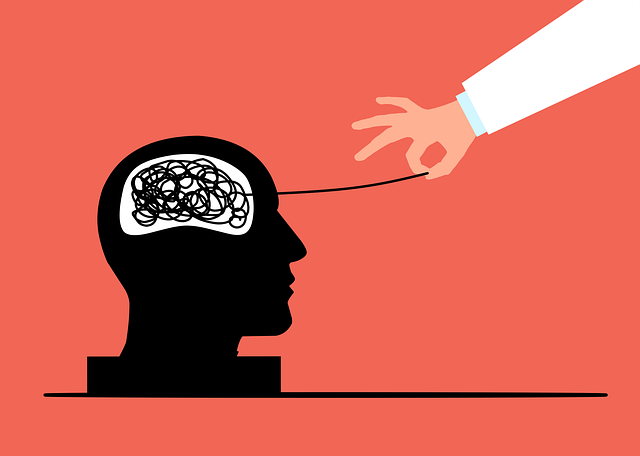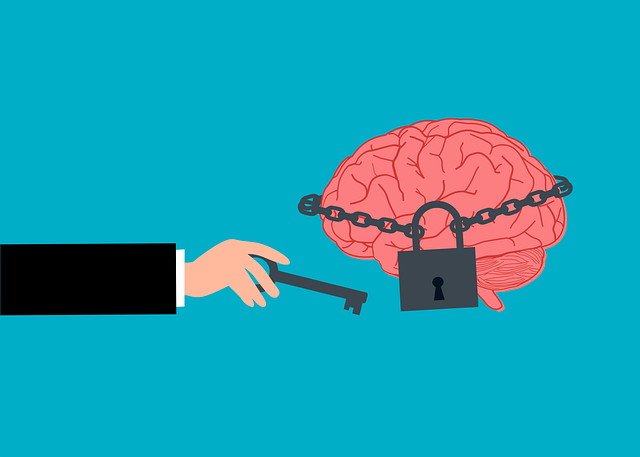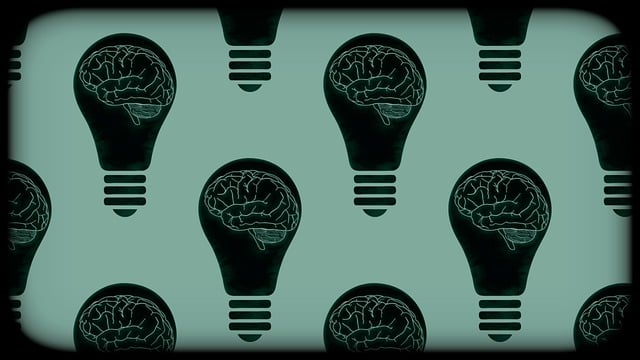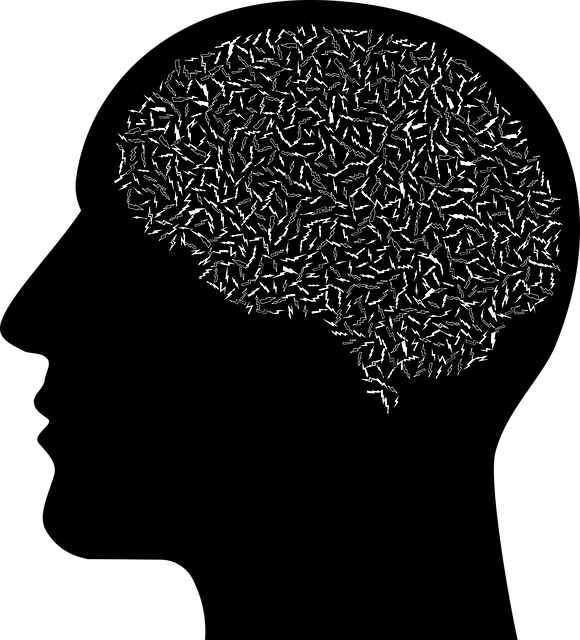In Northglenn, the Crisis Intervention Teams (CITs) under the Northglenn Crisis Counseling Therapy (CCT) program provide swift and effective mental health crisis support. Through regular training, residents learn de-escalation techniques, mental health literacy, and crisis management skills. The holistic approach combines public awareness campaigns with inner strength development, fostering an empowered community. CCT's comprehensive training includes cultural competency and mindfulness meditation, personalizing interventions for diverse individuals. The program equips participants with tools for crisis management, resilience building, and improved well-being, benefiting both individuals in need and the community at large.
“In today’s complex social landscape, effective crisis intervention is more critical than ever. This article explores the vital role of Crisis Intervention Teams (CITs) through a Northglenn Perspective, focusing on why training is essential for swift and compassionate crisis response. We delve into the key components of comprehensive Northglenn Crisis Counseling Therapy programs, the practical skills taught, and their profound impact on communities. By examining these aspects, we highlight the importance of certified CITs in fostering resilient and supportive environments.”
- Understanding Crisis Intervention Teams: A Northglenn Perspective
- The Importance of Training for Effective Crisis Response
- Key Components of a Comprehensive Crisis Counseling Therapy Program
- Practical Skills and Techniques Taught in Crisis Intervention Training
- Benefits and Impact of Certified Northglenn Crisis Counseling Therapists
Understanding Crisis Intervention Teams: A Northglenn Perspective

In Northglenn, Crisis Intervention Teams (CITs) play a vital role in ensuring swift and effective support for individuals facing mental health crises. These teams, comprising trained professionals from various backgrounds including crisis counselors, therapists, and first responders, are designed to provide immediate assistance. The Northglenn Crisis Counseling Therapy program has pioneered efforts in cultivating these teams, emphasizing the importance of community involvement and public awareness campaigns development. By fostering inner strength development through tailored interventions, Northglenn CITs aim to enhance stress management skills, ultimately reducing the impact of crises on individuals and communities.
Through regular training programs, Northglenn residents are equipped with the necessary tools to navigate and de-escalate intense situations. These sessions delve into various crisis scenarios, enabling participants to gain practical experience in managing high-stress environments. By promoting a culture of mental health literacy, Northglenn CITs contribute significantly to breaking down stigmas associated with seeking help. The holistic approach, integrating Public Awareness Campaigns Development strategies and Inner Strength Development techniques, ensures that the community is not just informed but also empowered to handle crises effectively.
The Importance of Training for Effective Crisis Response

Effective crisis intervention requires well-trained professionals who can respond swiftly and empathetically. Training programs, like those offered by Northglenn Crisis Counseling Therapy, play a pivotal role in preparing mental health practitioners to handle various crises with confidence and skill. These programs equip counselors with essential tools for assessing high-risk situations, de-escalating intense emotions, and providing immediate support to individuals in distress.
The benefits of comprehensive training extend beyond technical capabilities. It fosters cultural sensitivity in mental healthcare practice, enabling professionals to understand and respect diverse perspectives and backgrounds. Additionally, it enhances emotional intelligence—the ability to recognize and manage one’s own emotions and understand those of others—which is crucial for building rapport and offering tailored interventions. Through role-playing, simulations, and evidence-based strategies, training ensures practitioners are prepared not just intellectually but also emotionally for the challenges they may encounter in crisis situations.
Key Components of a Comprehensive Crisis Counseling Therapy Program

A comprehensive Northglenn Crisis Counseling Therapy program should incorporate several key components to effectively address and manage crises. Firstly, it must emphasize the development of cultural competency among healthcare providers. This ensures that interventions are tailored to meet the unique needs of diverse individuals, fostering a sense of safety and trust.
Additionally, integrating mindfulness meditation practices can significantly enhance coping skills development. By teaching individuals techniques to regulate emotions and maintain focus during stressful situations, crisis counseling becomes more accessible and beneficial. These programs should aim to equip participants with practical tools for managing crises, promoting resilience, and improving overall well-being.
Practical Skills and Techniques Taught in Crisis Intervention Training

Crisis intervention training equips individuals with practical skills and techniques to effectively handle and de-escalate critical situations. Programs like those offered by Northglenn Crisis Counseling Therapy focus on teaching participants how to recognize warning signs, assess risks, and provide immediate support to those in distress. These training sessions often cover active listening, crisis assessment tools, and safe intervention strategies tailored for various settings, including schools, workplaces, and community environments.
The curriculum typically includes hands-on exercises, role-playing scenarios, and group discussions that simulate real-life crises. Participants learn how to build rapport with individuals in crisis, gain valuable de-escalation techniques, and understand the importance of self-care for those providing support. Moreover, mental health awareness is a significant component, where trainees explore the underlying causes and impact of crises, fostering an environment that promotes empathy and encourages open conversations about sensitive topics. These practical skills empower individuals to contribute effectively during public awareness campaigns development and real-world crisis situations.
Benefits and Impact of Certified Northglenn Crisis Counseling Therapists

In Northglenn, Crisis Counseling Therapy (CCT) offers a multitude of benefits for both individuals seeking support and the community at large. Certified CCT therapists are equipped with specialized skills to handle mental health crises effectively, ensuring that those in need receive immediate and compassionate care. This professional training enables them to provide evidence-based interventions, fostering a safe environment where individuals can process traumatic experiences, manage intense emotions, and develop coping strategies for long-term resilience.
The impact of these therapists extends beyond individual healing. By integrating mindfulness meditation and self-care practices into their approach, they promote holistic well-being within the community. Additionally, cultural sensitivity in mental healthcare practice is a cornerstone of CCT training, allowing therapists to offer tailored support that respects diverse backgrounds and experiences. This inclusive and empathetic care contributes to breaking down barriers in seeking mental health services, ultimately enhancing the overall mental health and resilience of Northglenn residents.
Crisis intervention team training programs, such as those offered by certified Northglenn Crisis Counseling Therapists, play a vital role in equipping individuals with the necessary skills to navigate and de-escalate crises effectively. By understanding the unique dynamics of these teams and investing in comprehensive training, communities can foster healthier environments where support is readily available. The practical techniques and insights gained through these programs empower therapists and bystanders alike to make a meaningful difference during moments of crisis, ultimately enhancing overall well-being.














